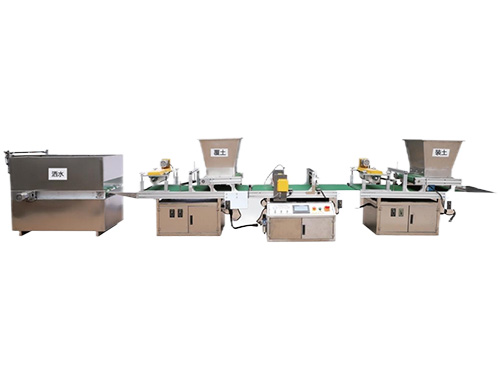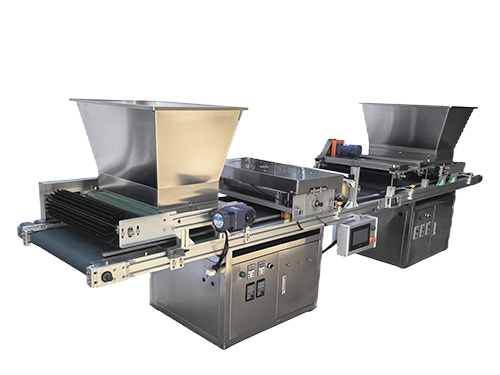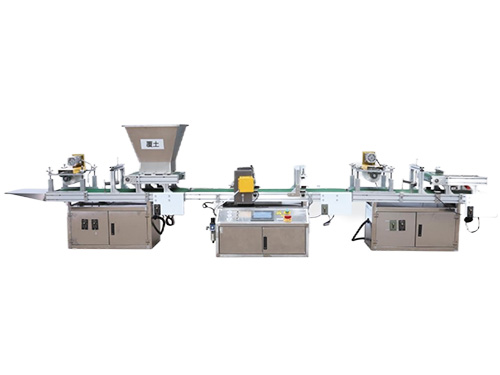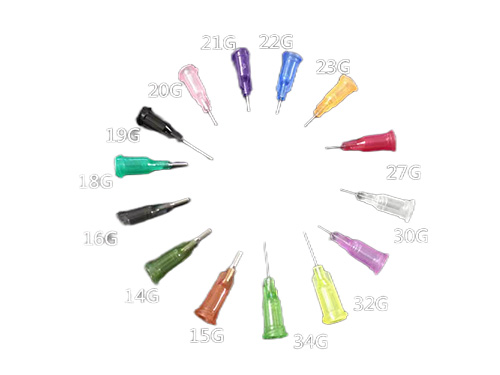Choosing Materials for Root Trainers: Plastic, Metal, or Organic Options?
2025-01-19 17:12:15
Introduction to Root Trainer Materials
Root trainers play a critical role in promoting healthy root development for seedlings in agriculture and horticulture. However, one of the most important considerations in selecting a root trainer is the material used in its construction. The choice of material can impact the plant's growth, sustainability of farming practices, and long-term usability of the trays. This article explores the pros and cons of different materials for root trainers, including plastic, metal, and organic options, to help growers make an informed decision.
Plastic Root Trainers: The Most Common Choice
1. Durability and Longevity
o Plastic root trainers are among the most commonly used in commercial agriculture due to their durability. High-quality plastic can withstand wear and tear, making these trays ideal for long-term use in both small-scale and large-scale farming operations.
o These trays are resistant to moisture, which reduces the risk of degradation over time, making them suitable for repeated use in various environmental conditions.
2. Ease of Cleaning
o Plastic is non-porous, which makes it easier to clean and disinfect, reducing the risk of pest or disease transmission. This feature is particularly beneficial in hydroponic or controlled-environment agriculture where hygiene is critical.
o Proper sterilization between cycles ensures that plastic root trainers can be reused multiple times without compromising the quality of seedlings.
3. Cost-Effectiveness
o Plastic root trainers are typically less expensive compared to their metal and organic counterparts. Their affordability makes them accessible to farmers of all scales, especially in regions where budget constraints are a concern.
o Mass production of plastic trays leads to a reduction in unit costs, making them a popular choice for both commercial and home gardeners.
4. Environmental Concerns
o Despite their benefits, plastic root trainers have a significant environmental impact. Most plastic products are not biodegradable, contributing to pollution when disposed of improperly.
o There is growing pressure on the agricultural industry to find more sustainable alternatives to reduce plastic waste.
Metal Root Trainers: Strength and Precision
1. Superior Strength and Longevity
o Metal root trainers, typically made from materials like aluminum or galvanized steel, offer superior strength and longevity compared to plastic. These trays can withstand harsh environmental conditions, making them ideal for heavy-duty applications.
o Metal trainers are also resistant to UV damage, which can degrade plastic over time, ensuring that they maintain their form and function for longer periods.
2. Enhanced Aeration and Drainage
o One of the significant advantages of metal root trainers is their excellent drainage and aeration properties. The metal construction allows for efficient water flow, preventing overwatering and promoting healthier root growth.
o This feature is especially beneficial for crops that require high levels of oxygen in the root zone.
3. Sustainability and Recycling
o Metal is a recyclable material, making metal root trainers more environmentally friendly than plastic. The ability to reuse metal components reduces waste, which aligns with sustainability goals in agriculture.
o However, the manufacturing process for metal trays can be energy-intensive, which may offset some of their environmental advantages.
4. Higher Initial Cost
o While metal root trainers are highly durable, their higher initial cost can be a barrier for smaller farmers or those just starting out. The investment in metal trays is justified over time due to their long lifespan and durability.
Organic Root Trainers: Sustainability and Eco-Friendliness
1. Biodegradability and Environmental Impact
o Organic root trainers are made from natural materials such as bamboo, wood, coconut coir, or other biodegradable substances. These materials offer a significant environmental advantage over plastic and metal since they decompose naturally and do not contribute to long-term pollution.
o Using organic root trainers supports sustainable farming practices and helps reduce plastic waste, making them an attractive option for eco-conscious farmers.
2. Nutrient-Rich and Beneficial for Plant Growth
o Organic materials like coconut coir or bamboo provide nutrients to seedlings during their early stages of growth. These materials can enhance root development by mimicking natural conditions and supporting healthy soil microorganisms.
o Organic root trainers also promote better moisture retention and drainage, creating a favorable environment for seedling development.
3. Cost and Durability Considerations
o While organic root trainers are highly sustainable, they tend to have a shorter lifespan compared to plastic or metal trays. Exposure to moisture and elements can cause degradation, especially in humid or outdoor environments.
o These trays may require more frequent replacement, increasing the overall cost for long-term use. However, the benefits of sustainability and biodegradability may justify the investment for environmentally-conscious growers.
4. Limited Availability and Standardization
o Organic root trainers are not as widely available as plastic or metal trays, and their standardization can vary depending on the manufacturer. This can make it difficult for farmers to find the right size or design for their specific needs.
Choosing the Right Root Trainer Material for Your Needs
1. Consider the Growing Environment
o For commercial, large-scale operations that require frequent use and easy cleaning, plastic or metal root trainers may be the most practical choice due to their durability and ease of maintenance.
o For smaller-scale or organic farms that prioritize sustainability, organic root trainers may be a better fit, even if they require more frequent replacement.
2. Environmental Impact and Sustainability
o Growers focused on reducing their environmental footprint should opt for organic root trainers made from biodegradable materials or recycled metal trays. By choosing eco-friendly materials, farmers contribute to the reduction of plastic waste in agriculture.
3. Budget and Longevity
o While organic root trainers may have higher short-term costs due to their limited availability, they align with long-term sustainability goals. Plastic root trainers, on the other hand, offer affordability and longevity but at the cost of environmental impact.
o Metal trays offer a durable solution for growers who need long-lasting equipment but may not be suitable for those with tight budgets due to their higher upfront cost.
Conclusion: Finding the Best Material for Your Root Trainers
Choosing the right material for root trainers is a crucial decision that impacts the health of your plants, your budget, and the environment. While plastic root trainers are the most affordable and practical for large-scale operations, they come with significant environmental concerns. Metal root trainers offer durability and excellent aeration but come with higher initial costs. Organic root trainers, though less durable, provide a sustainable option that aligns with eco-friendly farming practices.
Ultimately, the best choice depends on the grower’s specific needs, priorities, and the scale of their operation. By weighing the benefits and challenges of each material, farmers can make an informed decision that supports their farming goals and the planet.

It adopts electrical integration and can be started by pressing the fully automatic button ...

The XP750 seeder has stable performance, excellent product quality, simple and convenient o...

It adopts electrical integration and can be started by pressing the fully automatic button ...

Needle list Seed nozzle model Different models Sowing types are different...



